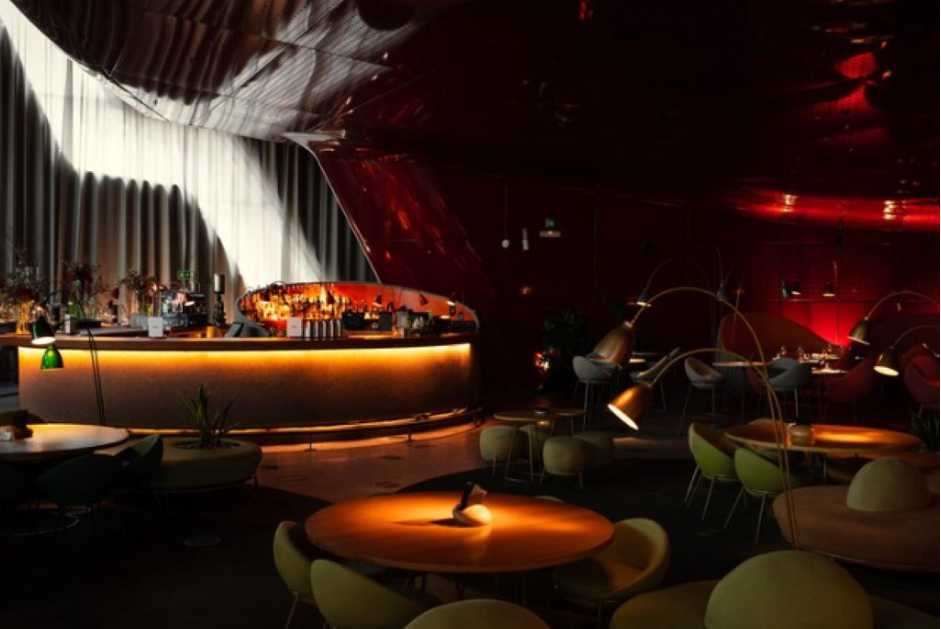The landscape of corporate events has transformed from business gatherings to immersive experiences that engage, inspire and leave a lasting impression on attendees.
Achieving engagement at these events is no feat. It requires an understanding and application of psychology principles to create environments that deeply resonate with attendees on a cognitive level.
This article explore how these principles can be employed to plan captivating and meaningful corporate events.
Understanding the Psychology behind Corporate Event
To truly grasp the psychology behind a corporate event, it is essential to recognize that event attendees are not just participants but active individuals with their own motivations, emotions and perceptions.
By harnessing principles of psychology, event planners can craft experiences that cater to these elements. Here’s how it can be accomplished:
1. Forging a Connection
Music possesses potential in evoking emotions. From setting the mood with background melodies or showcasing performances, the choice of music significantly influences how attendees feel throughout the event.
For example, a well-timed live musical performance can spark excitement and elation within attendees, making them more receptive to the overarching message conveyed by the event.
2. Fostering a Sense of Belonging
As humans we have a desire, for connection and a sense of belonging. Corporate events can tap into this by creating an environment that fosters a sense of belonging among participants.
One effective way to achieve this is through the power of music. For example organizing team building activities like group singing or drum circles can create a feeling of togetherness and unity.
3. Enhancing Memory Retention
Music has an association with memory.
By incorporating music or catchy jingles that align with messages or branding, event organizers can help attendees remember the content long after the event concludes.
This serves as a tool to reinforce the core messages conveyed during the event.
4. Optimizing Engagement
When individuals are fully immersed and engaged in an activity it is known as entering a “flow state.”
Event planners can design experiences that challenge and captivate attendees without overwhelming them, thereby inducing this flow state.
Incorporating music into these experiences plays a role as it serves as a stimulus to help maintain attendees focus and active involvement.
5. Applying Nudge Theory
Even small modifications in the event environment can have an impact, on attendee behavior.
For instance, subtle indicators, like the selection of music genre or tempo can have an impact on the pace of networking or conversations.
When slower and mellower tunes are played, it tends to create an atmosphere to in depth discussions. On the other hand, lively beats can generate energy and prompt action.
6. Embrace the Power of Storytelling
Stories hold power when it comes to engaging and captivating an audience. They provide context, meaning and evoke emotions. Incorporating music into storytelling can further enhance the experience.
From using music to build anticipation before making an announcement or leveraging its impact in sharing success stories, music has the ability to amplify narratives.
Practical Applications
Having delved into the psychology principles, lets now explore how these principles can be practically applied to events for maximum engagement.
1. Pre Event Engagement
Music Teasers: Create teaser videos or promotional materials that feature chosen music of setting, the desired mood and building excitement for the upcoming event. Utilizing tunes or crafting soundtracks specifically tailored for the occasion can pique interest effectively.
Personalized Invitations: Customize invitations based on attendee’s musical preferences by including a survey, about their genres or artists. This valuable information can then be used to personalize each individual experience during the event.
2. The Event Atmosphere
Background Music: Choose music that fits the goals of the event. Soft and soothing melodies can work well for a wellness seminar while lively tunes can bring energy to a product launch.
Music Areas: Designate zones with music themes, allowing attendees to select the ambiance they prefer and interact with like minded individuals.
Live Performances: Strategically incorporate live music performances throughout the event. A band playing during breaks or an unexpected musical act during a speech, any of them can bring surprise and excitement.
3. Interaction and Engagement Activities
Musical Icebreakers: Utilize music as an icebreaker through group activities like drum circles, karaoke or dancing sessions. These activities promote interaction, team building and positive vibes.
Playlist Collaboration: Encourage participants to contribute to a collaborative event playlist. This gives attendees them a sense of ownership and belonging.
4. Content Delivery
Music Enhancements: Use music, as a tool to emphasize and enhance content delivery. For instance, when announcing award winners, incorporate music to create anticipation and add drama.
Music Powered Presentations: Explore visual techniques that synchronize music with presentations. This can help highlight messages and make them more memorable.
5. Engaging with Attendees after the Event
Incorporating Music: Share content with attendees after the event that includes elements related to music. This can include a video featuring the event’s soundtrack or a playlist of songs played during the event.
Surveys about Music: Conduct surveys after the event that ask attendees about their musical moments. Utilize this feedback to improve events.
In Conclusion
Utilizing principles of psychology in corporate event plan is a tool for achieving engagement. Music in particular contributes to this process by forging connections, fostering a sense of belonging, improving memory retention and optimizing attendee engagement.
By creating an event experience that utilizes music and psychological insights from event promotions to post event engagement, event planners can organize events that not only educate but also inspire attendees.



